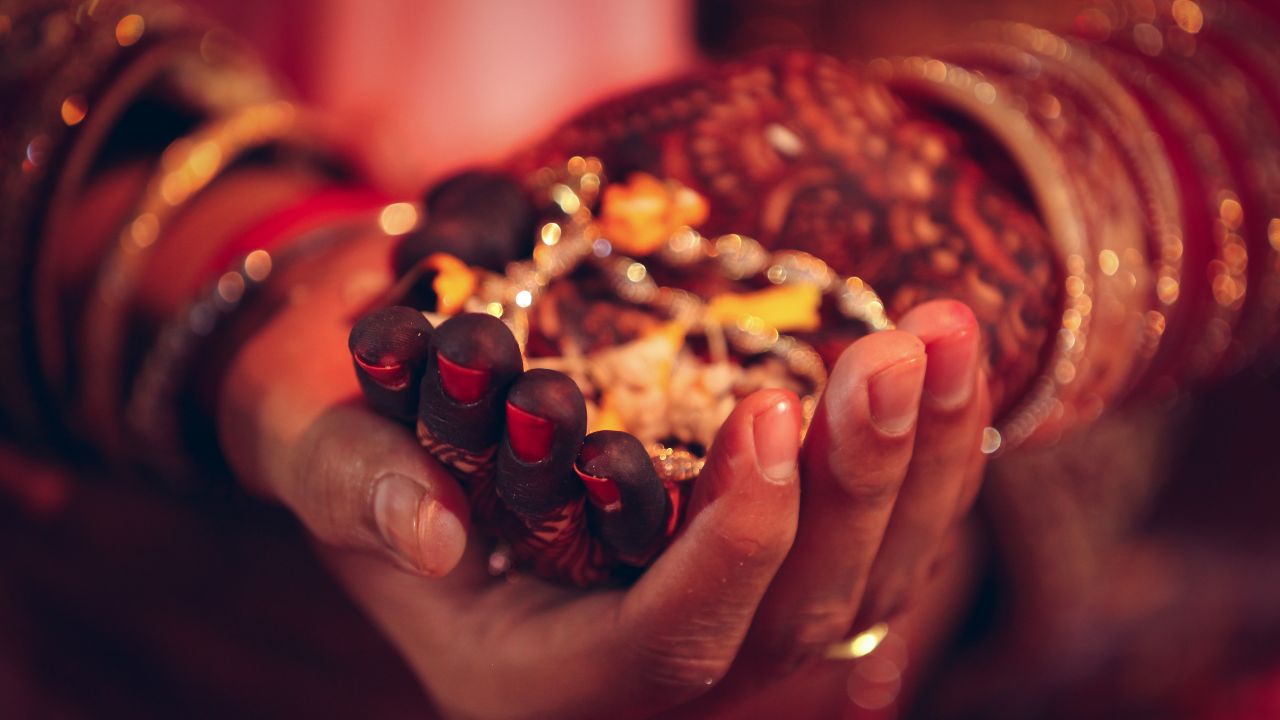The “rising” number of fraudulent marriages between Indian citizens and non-resident Indians (NRIs) has been described as a “worrisome trend” by the Law Commission, which has suggested a comprehensive law to address the issue and require the registration of these alliances.
The panel chairman, Justice (Retd) Ritu Raj Awasthi, stated that the commission believes the proposed central legislation should be comprehensive enough to address all aspects involving marriages of NRIs and foreign citizens of Indian origin with those of Indian citizens during the presentation of the report “Law on Matrimonial Issues Relating to Non-Resident Indians and Overseas Citizens of India” to the law ministry.
According to Justice Awasthi, “it is further recommended that all marriages between the NRIS/OCIS and Indian citizens should be made compulsorily registered in India.”
According to him, the comprehensive central legislation should cover the following topics as well: serving summonses, warrants, or court documents on NRIs and OCIS; divorce; maintenance of spouse; custody and maintenance of children; and so on.
He informed the government, “In addition, it is suggested that necessary changes be made to the Passports Act, 1967 to require the declaration of marital status, the linking of one spouse’s passport with the other, and the mentioning of the marriage registration number on the passports of both spouses.”
The commission recalled that on February 11, 2019, the Rajya Sabha received the Registration of Marriage of Non-Resident Indians Bill, 2019, which was introduced to address the developing situation.
The bill was originally referred to the Committee on External Affairs by the 16th (previous) Lok Sabha. After the 17th (current) Lok Sabha was established, the same bill was once more referred to the Committee on External Affairs for additional review.
The Law Commission was notified in April of the Ministry of External Affairs’ reference to the NRI Bill, 2019 during ongoing deliberations. The reference was sent through the law ministry.
The law panel stated in its report that the registration of marriages between NRIs helps to preserve a record in the form of a marriage registry and also functions as a “valid piece of evidence.”
“If marriages are required to be registered, all of the spouses’ records would be available to the appropriate government body, ideally the Ministry of Home Affairs. The Ministry of External Affairs will have access to the information about it and make it available on an internet portal,” the statement stated.
As previously mentioned, there may also be circumstances in which a citizen becomes an OCI or NRI following marriage.
The only difficulty with making registrations compulsory only for NRIs or OCIS is that the earlier marriages of such persons may not be registered because currently there is no comprehensive or uniform law governing the registration of marriages in India, the report suggested.
“Therefore, marriage registration ought to be required in all circumstances rather than just in certain ones. Alternatively, the bill (the ongoing NRI marriages bill) might stipulate that any married Indian citizen who later becomes an OCI or NRI must get their marriage legally registered,” the report stated.
The Law Commission further suggested that a comprehensive and all-encompassing definition of NRI be included in the proposed central legislation that addresses every aspect of NRI marriages.
“To protect the deserted spouse in the eyes of law against the erring spouse,” it stated, must be taken into consideration when defining such a term.
The panel stated that in order to prevent cases of fraudulent marriages, the government should raise awareness by interacting with the Indian diaspora abroad. It pointed out that no law can ever succeed in fulfilling its aim and objectives unless the people are widely aware of it.


